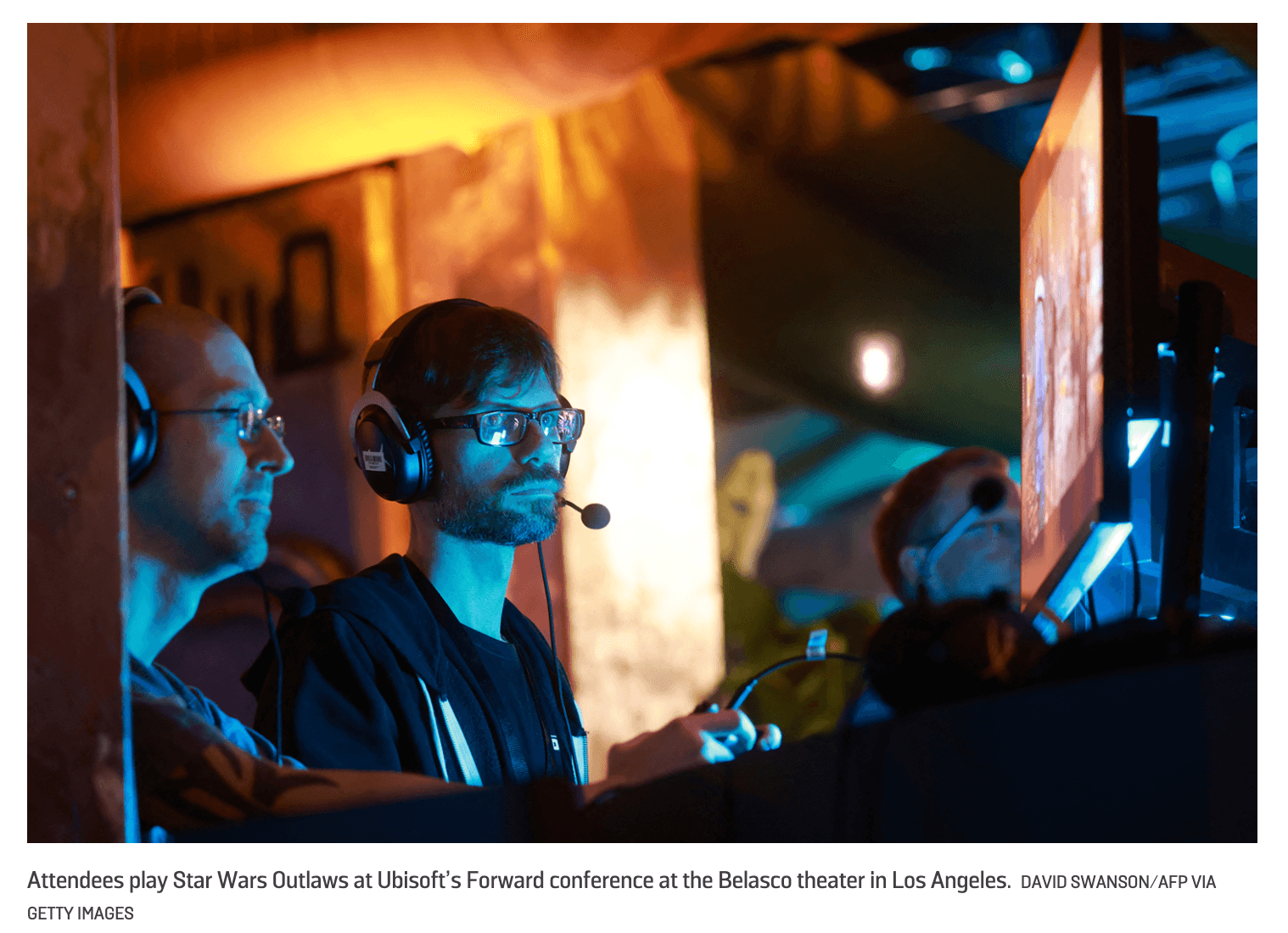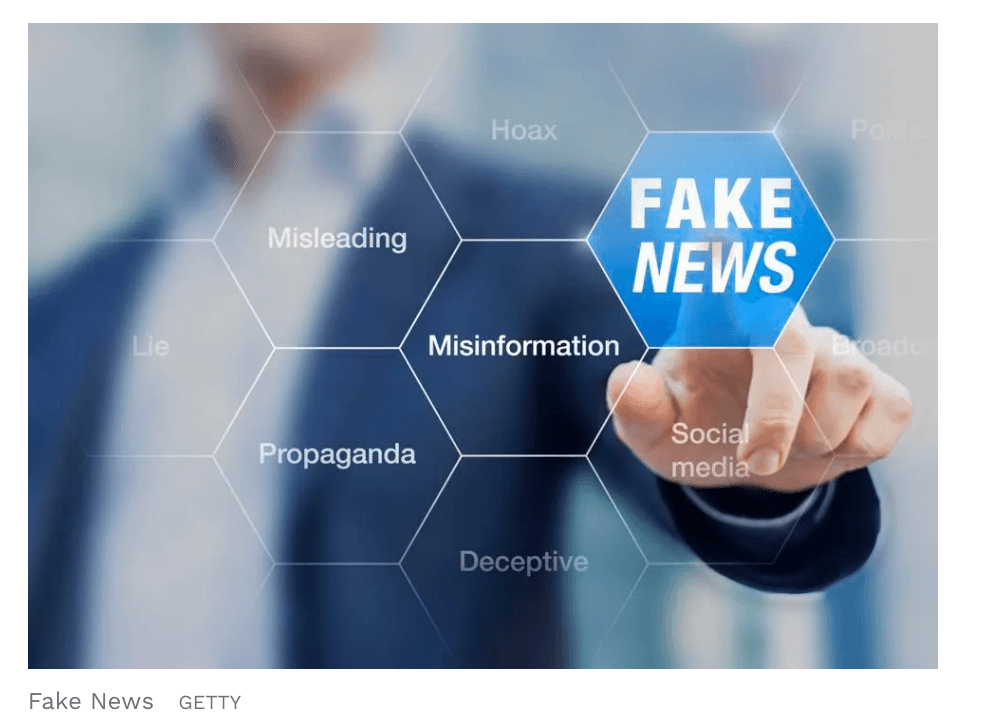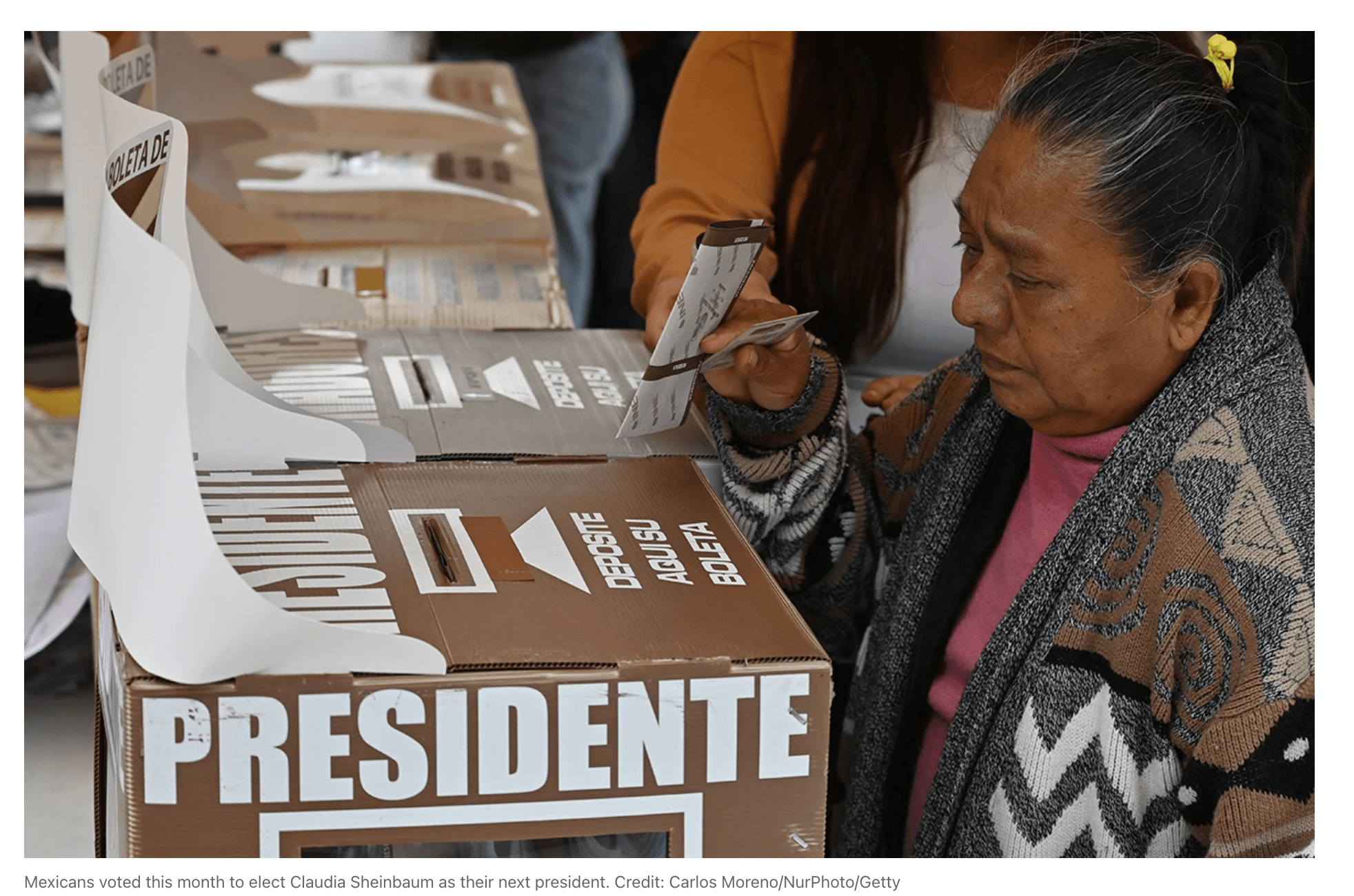ANALYSIS: There’s No Dodge Button For Disinformation, by Joshua Foust, published in Foreign Affairs, (Available Here)
Joshua Foust, an incoming professor of public relations at Syracuse University, examines the U.S. government’s $1 million initiative to fund video game projects designed to build cognitive resilience against disinformation. He situates this effort within a broader historical context and highlights key challenges, such as the difficulty of making serious games enjoyable and measuring the success of inoculation programs. While the effectiveness of video games in altering perceptions remains debated, the proposal illustrates a commitment to exploring innovative strategies to combat disinformation.

ANALYSIS: Top AI Chatbots Spread Russian Propaganda, by Emma Woollacott, published in Forbes (Available Here)
Emma Woollacott reports on NewsGuard’s findings that leading AI chatbots, including OpenAI’s ChatGPT, Microsoft’s Copilot, and Google’s Gemini, are spreading Russian misinformation. After testing ten chatbots with 570 prompts based on 19 false narratives, NewsGuard found that 32% of the responses contained explicit disinformation. While some responses effectively debunked false claims, many struggled to provide accurate context or outright refutations. NewsGuard has submitted these findings to relevant authorities; Google, the only tech company cited in the report to respond, has stated they are reviewing the report.

ANALYSIS: Misinformation Might Sway Elections - But Not In the Way That You Think, by David Adam, published in Nature (Available Here)
David Adam examines the impact of misinformation on elections in this analysis for Nature. Research shows that while changing people’s political opinions is challenging, misinformation can change behavior by misleading voters about the electoral process or discouraging them from voting. Although these instances might seem isolated, small groups influenced by misinformation can have a significant impact. Furthermore, researchers caution that reports discussing the spread of misinformation might inadvertently have the same effect as misinformation itself, creating a paradox that complicates efforts to address the issue.

